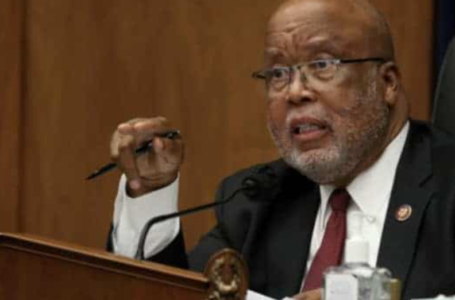The Supreme Court just delivered a major win for election integrity

On Thursday, the Supreme Court saved the Voting Rights Act.
That’s not what you’re hearing in most of the media, but it’s true. The court prevented the important civil rights law from becoming a partisan tool as Democratic National Committee lawyer Marc Elias and other leftist groups had hoped. The court rejected their effort to graft disparate impact theories onto a law that was designed to protect real-world impediments to the ballot box.
At issue was Arizona’s ballot harvesting law that protected voters by limiting who could possess their mail ballots. The court not only upheld the Arizona voter protection but also obliterated the effort of activists to pervert the law.
In an opinion authored by Justice Samuel Alito, the Supreme Court put clear guidelines into the Voting Rights Act and held that disparate impact theories, of the sort used to allow statistics to find liability for racial discrimination in housing or employment cases, had no role in a challenge to a state election integrity law.
Arizona had banned ballot harvesting but also had required voters to cast ballots in the actual precinct where they live. Previous Arizona law had permitted some voters to cast ballots in a precinct where they didn’t live. The Democratic Party thinks these rules violate the landmark 1965 Voting Rights Act, a law designed to stop the brazen racial discrimination of the Jim Crow era.
So how did the Supreme Court save the Voting Rights Act?
Simple: Once the esteemed civil rights law was viewed as a partisan weapon instead of a leveler, people will stop supporting the Voting Rights Act. When enough people believe civil rights laws are merely being used to help Democrats, those civil rights laws will lose support and eventually be repealed.
The public has no tolerance for activists who twist the good into the partisan.
Alito’s opinion stated the obvious: You can’t merely show a statistically different impact to violate the Voting Rights Act. The act means something more. It was designed to protect from real vote denial.
After all, every single election law change will have a different statistical impact on one racial group versus another. Otherwise, with racially polarized voting, the Voting Rights Act would have become a tool to help build Democratic Party power, and the critics of Alito know it.
It was no accident that the DNC was the party before the Supreme Court.
The attempted perversion of the Voting Rights Act by the Left began after the Supreme Court struck down preclearing mandates on 16 states that gave the federal government power to stop every single election change in those states. After Justice Department bureaucrats lost this power in 2013, Democratic lawyers and left-wing groups such as the American Civil Liberties Union began to advance a twisted version of another part of the Voting Rights Act: Section 2.
The damage to our Constitution would have been severe if the court had decided the other way. The disparate impact theory struck down this week allowed federal judges to intrude into state election policy decisions and statutes enacted by duly elected state legislatures.
It has never been easier to register to vote and to vote as it is right now. Today’s Supreme Court opinion doesn’t change that. It restores the balance between the federal government and the states that the Left spent the last eight years eroding after Shelby County v. Holder.
J. Christian Adams is the president of the Public Interest Legal Foundation, a former Justice Department attorney, and current commissioner on the United States Commission for Civil Rights.















